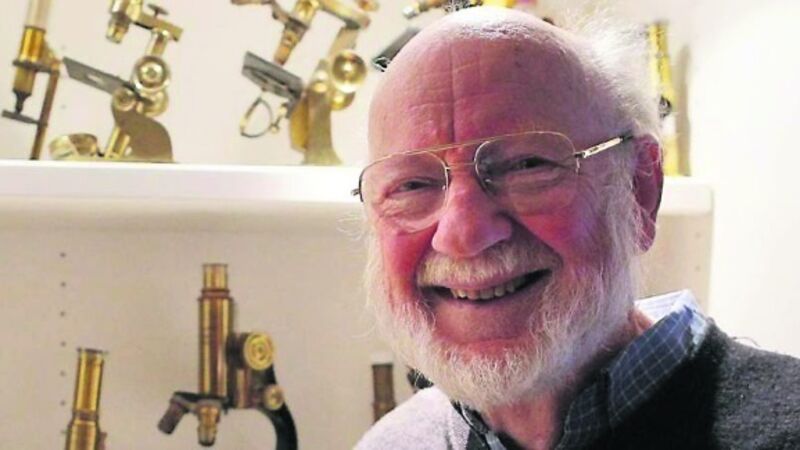Donegal scientist’s delight at Nobel prize for medicine

William C Campbell found out in October he would be given the award for his work in tackling infections linked to roundworm.
Millions of people around the world benefit from his work each year.













